On the Advice Line this week, we got a question that I think a lot of founders wrestle with—especially in the world of food, personal care, and consumer goods.
Do people care more about a good product… or a product that does good in the world?
It came from a caller named Jessie, who started a brand called Jesse and Ben’s Fries—a line of high-quality, better-for-you frozen French fries.
His big question: should I focus more on the values of the brand? or on my product?
It’s a tough one.
Because on the surface, we want to believe that people care about values.
Sustainability. Ethics. Ingredients. Impact.
And often, they do.
But when we look at the companies that break through—really break through—there’s usually one thing in common: the product works.
Think of Lisa Price, the founder of Carol’s Daughter. She built an iconic personal care brand, rooted in natural ingredients and community empowerment. But at the core of it? Her products worked. People loved them. They kept coming back.
Or Hamdi Ulukaya of Chobani. He revolutionized yogurt in the U.S., and he’s become a powerful advocate through his foundation. But first and foremost? He made a great-tasting, affordable product that people could find on shelves across the country.
Even Method, the household cleaning company, built its brand on sustainability and design. But their big breakthrough came when they created a cleaning spray that actually worked better than what was already out there.
So… which matters more?
Honestly, I don’t know. Maybe it’s not either/or. Maybe it’s yes, and.
Yes, build a product that reflects your values.
Yes, try to do good in the world.
But also—yes, obsess over quality.
Make something people want to buy again and again.
Because doing good is powerful—but if the product doesn’t work, it might not matter how mission-driven you are.
I’d love to hear your thoughts on this.
If you’re building something right now, how are you thinking about the balance between a good product… and doing good?
– Guy
On the Podcasts This Week!
Skype and Kazaa: Reinventing How We Share and Connect
Niklas Zennström always believed the internet could tear down barriers—first with Kazaa, a file-sharing platform that put music and video in the hands of millions, and then with Skype, which let people talk across the world for free.
But disrupting industries comes at a cost.
Kazaa’s success made Niklas and his co-founder targets of the music industry, forcing them to abandon the company. Instead of giving up, they applied their technology to an even bigger idea: global communication.
Skype took off instantly, spreading to millions of users within months of launching.
But could it survive without a business model? And when tech giants lined up to buy it, would Niklas make the right call?
Tune in to hear how two Scandinavian entrepreneurs built, lost, and rebuilt products that reshaped digital media—and why their biggest gamble paid off.
Dr. Dennis Gross Skincare: The Peel That Started It All
When Dr. Dennis Gross created a gentler chemical peel in his NYC office, he had no idea it would spark a skincare empire.
With help from his wife, Carrie (who spotted the business potential) they started selling it by hand, growing slowly, without outside investors, and with one big branding question: should they really put the word “Gross” on the bottle?
Years later, their products are flying off shelves and lighting up TikTok… literally.
Tune in to hear how a dermatologist and a fashion buyer teamed up to build a $450M skincare empire…one bright idea at a time.
HIBT Advice Line: Lead With Flavor
This week on the Advice Line, I’m joined by Jeni Britton of Jeni’s Splendid Ice Creams. Today, she’s helping three founders refine their story, connect with customers, and grow on their own terms.
First up, Jesse: Should we lead with health or flavor?
Jesse co-founded Jesse & Ben’s, a frozen French fry brand made with better-for-you oils. The seed oil message is compelling—but niche. Taste will win more customers than health stats ever will.
Next, Casey: Can we keep scaling without outside investment?
Caseyruns Jaju Pierogi, a frozen pierogi brand in 2,700 stores nationwide. Investors keep knocking, but Casey’s unsure if now is the time. Jeni’s advice: if it’s working, don’t rush.
Finally, Callie: Should I hire a PR firm to grow my pet treat brand?
Callie created Ubae.co, a gut-friendly pet treat made from ube. With traction building, she’s debating a PR push. Our take? Save your money. A part-time comms lead could do more to clarify the story and guide growth.
Jeni reminds us that good food builds connection—but so does good storytelling. And you don’t have to do it all alone.
If you would like to be featured on an upcoming episode, call and leave a 1-minute message at 1-800-433-1298 or send a voice memo to hibt@id.wondery.com
Esperanza Spalding on Music, Collaboration, and the Suffering of Songwriting
For Esperanza Spalding, music has never been about fitting into a category—it’s about exploration, expression, and pushing the boundaries of what a song can be.
From an early obsession with jazz and classical to a bold experiment with music, Esperanza has always followed her instincts. And sometimes, that meant the music industry didn’t quite know what to make of her.
But as you’ll hear, she describes creativity differently than most people.
She shares the mix of joy and suffering that comes with songwriting. The feeling of enduring rather than controlling. And yet, through that struggle, she’s discovered a deeper sense of artistic trust.
In this episode, Esperanza opens up about the forces that shaped her as an artist, the lessons she’s learned about surrendering to creativity, and why she believes music has the power to bypass logic and connect with something deeper.
Watch it on YouTube:
Melinda Gates: Leading with Purpose
Melinda Gates never expected that her career would shift from tech to global philanthropy.
During her rise at Microsoft, she was focused on innovation, not international aid. But over time, she realized that solving the world’s biggest problems required the same strategic thinking she honed in the corporate world.
At the Gates Foundation, Melinda learned that effective giving isn’t about writing checks. It’s also about asking the right questions, understanding the limits of impact, and making decisions that drive real change.
Science Podcasts for Kids!
Do Rats Really Giggle?!
Mindy and Reggie are up on the roof fishing for rats?! But why?! And what does this have to do with tickling?!
In this week’s Wow in the World, me and Mindy investigate a giggle-worthy study from the University of Bristol that asks a surprising question: Do rats actually enjoy being tickled?
Turns out, some rats love it, jumping around and coming back for more!
But what does this all mean? And can Mindy and Reggie really get tickled by a rat? Find out in this squeaky, science-packed episode of Wow in the World!
Mystery in the Prehistoric Desert!
Mindy and Dennis are on the case…and it’s a big one! Why were the bones of giant swimming reptiles found in the middle of the Nevada desert?!
In this week’s Wow in the World, the crew dives into a prehistoric puzzle starring the ichthyosaurs: a marine reptile that swam the seas over 230 million years ago.
But what were their fossils doing so far from water? With clues like soil samples, baby fossils, and a LOT of detective work, Mindy and the team uncover a wow-worthy discovery:
This dry land was once an ancient ocean—and possibly even a prehistoric birthing ground!
WOWstralia!
Did you know Australia is wider than the moon? Or that it has a fence longer than the distance from London to New York?
And here’s a wild one: feral cats in Australia snack on over 1 million reptiles every day! 🐍🐱
Crikey! Get ready for a land down under full of WHATs and WOWs in this week’s Two What’s And A Wow!
Hear This WOW!
Did you know sound travels faster through solids than through air? Or that the first recording wasn’t “Mary Had a Little Lamb” after all?
And here's a mind-bender—you can’t actually hear sounds in space!
Guy and Mindy turn up the volume on some seriously sound science in a pitch-perfect round of Two What’s And A Wow!
From the Archives!
Jeni’s Splendid Ice Creams: Jeni Britton Bauer
As a kid, Jeni Britton Bauer dreamed of starting her own business. She just didn’t expect that dream would blend perfume and ice cream.
Fascinated by scent, Jeni began mixing essential oils into frozen desserts—creating bold, unexpected flavor profiles that stood out from anything on the market. After years of trial and error (and a few early failures), she launched Jeni’s Splendid Ice Creams: a company built on craft, creativity, and a fearless approach to flavor.
Today, Jeni’s has grown far beyond its Columbus roots, with over 80 scoop shops nationwide and a cult following for flavors like Brambleberry Crisp and Lemon Buttermilk.
Twitch: Emmett Shear
When Emmett Shear pivoted Justin.tv into a gaming-focused live-streaming platform in 2011, people told him video games were just a niche.
But Emmett knew better. He and his co-founder, Justin Kan, had been playing games together since childhood, and he understood what gamers wanted. By listening to streamers and building tools for them, he built Twitch into a platform that turned gaming into a social experience.
That “niche” quickly became a juggernaut. In 2014, Amazon acquired Twitch for just under $1 billion. And today, the platform gets millions of daily visitors who stream trillions of minutes of content every year.
See you next time!
What do you want more or less of?
Just send a tweet to @guyraz or a message on IG to @guy.raz or LinkedIn and put #GuyRazNewsletter at the end so I can find it.




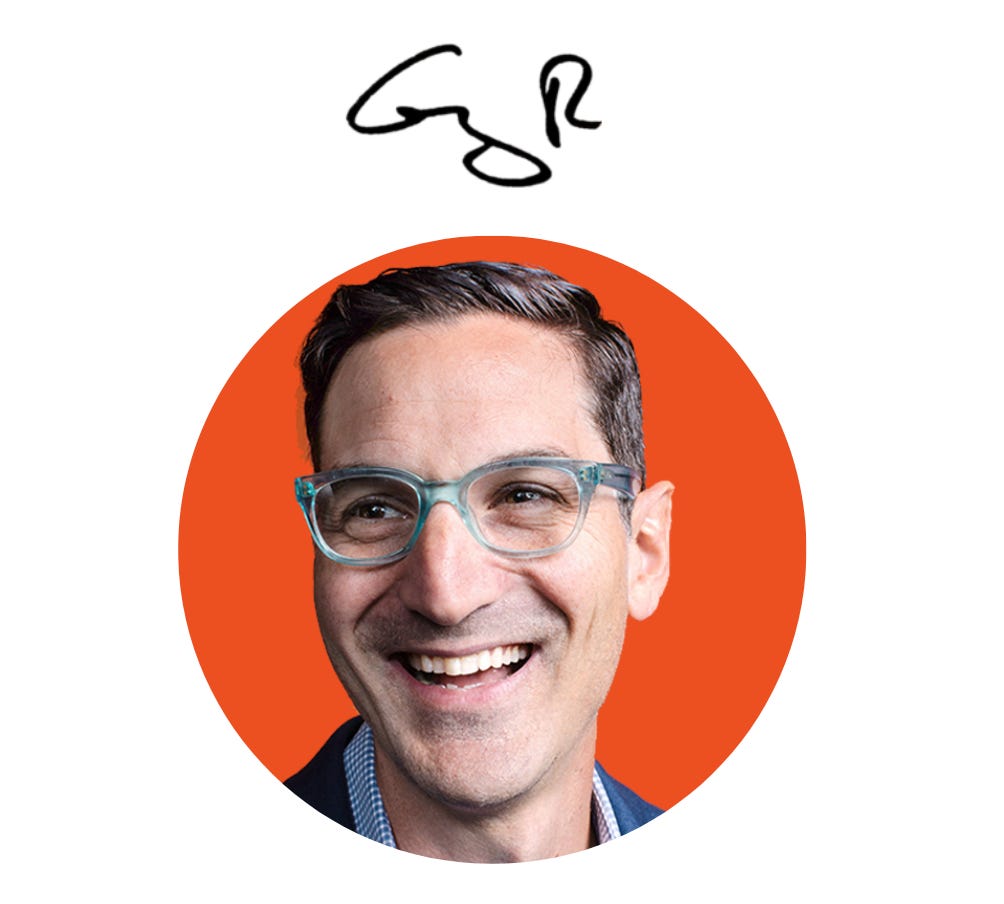

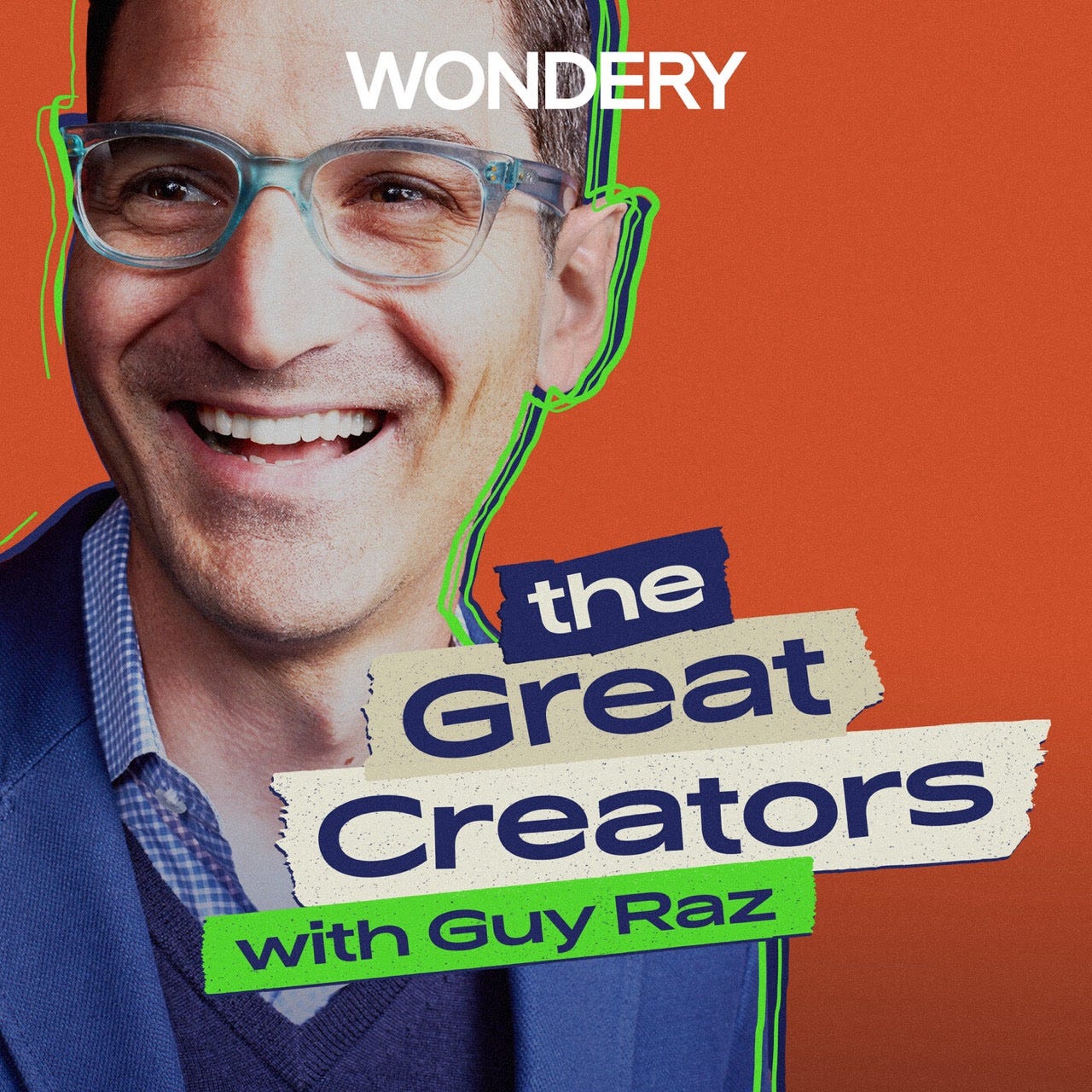
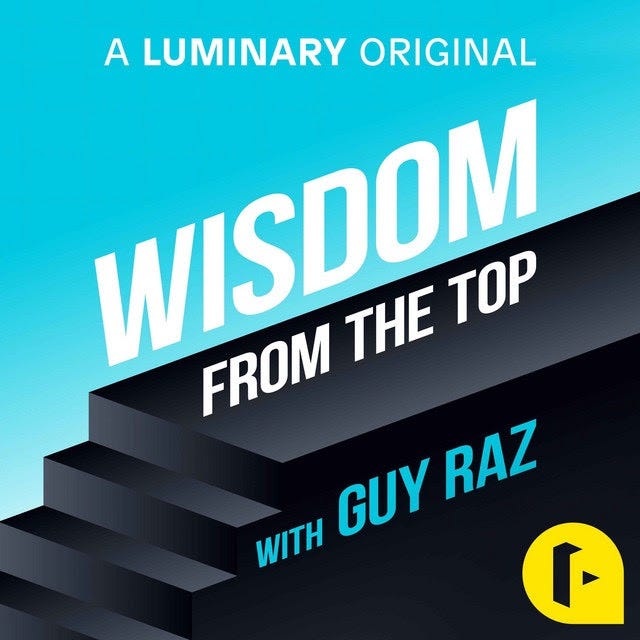

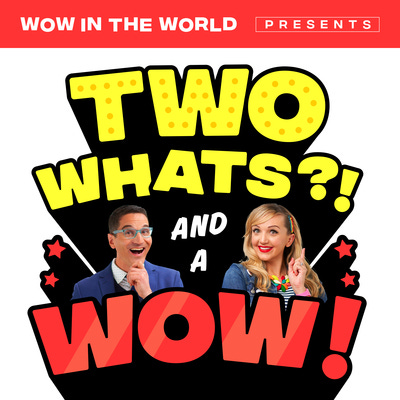

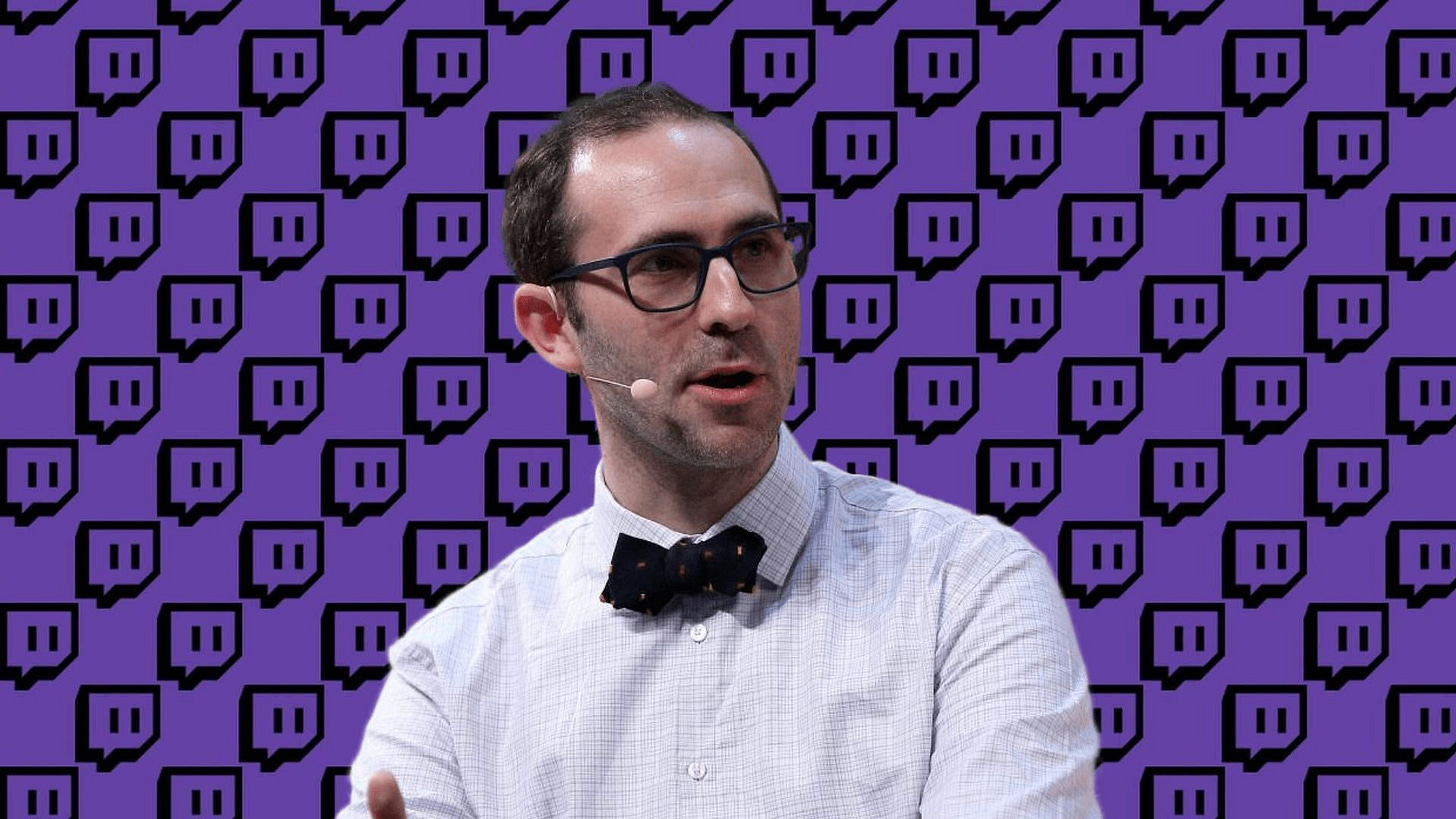
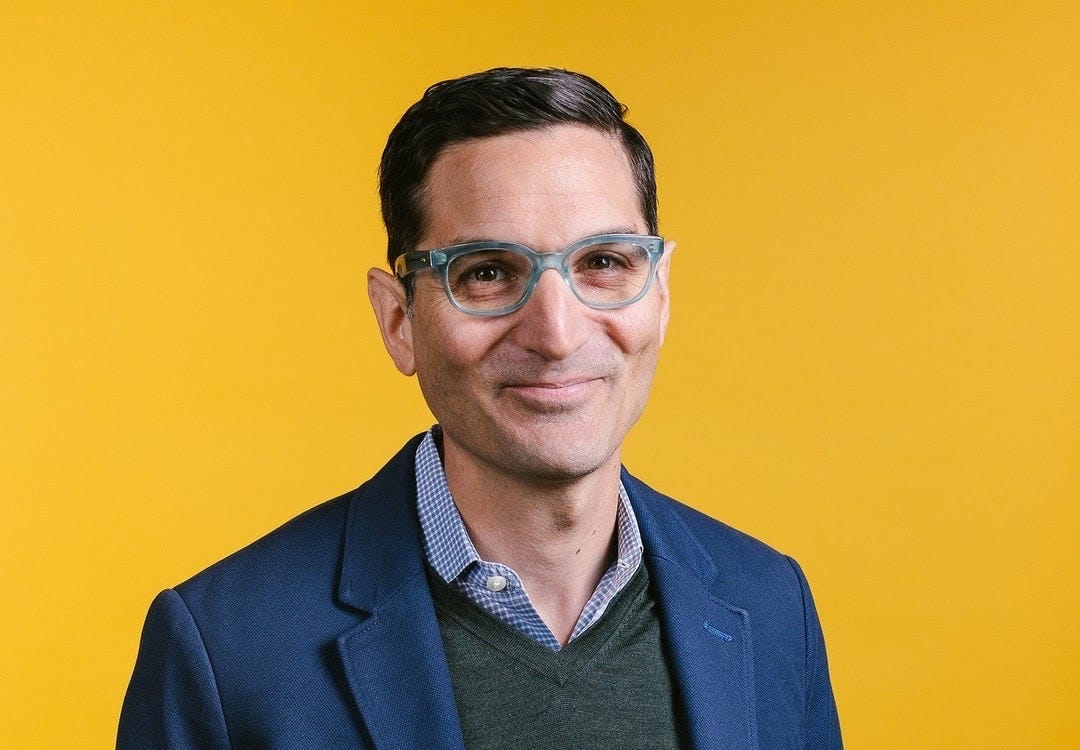
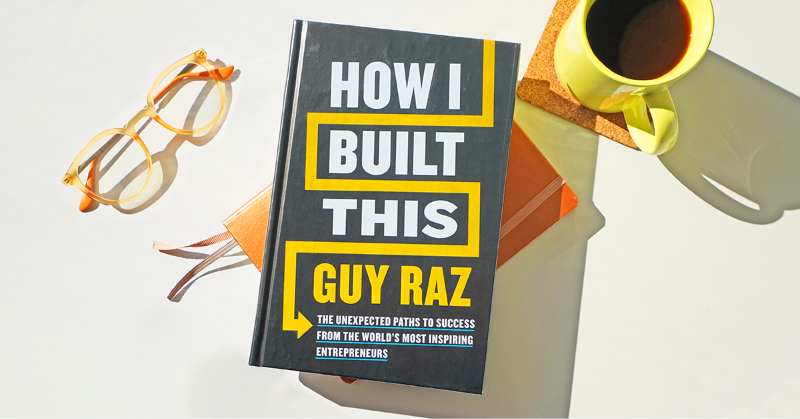

I think this is fundamentally a complicated question which doesn’t have a simple black and white answer. It depends a lot on the ethical and moral principles of the entrepreneur, and how important these principles are to him or her.
But I think that the number one priority would always be to have a product for which there is a public who will want it and who will pay for it. Otherwise there is no “business”. But this product could be good and ethical, could be neutral, or could even be harmful or criminal. The main point is: “Is there a public who will want this product when they find out about it, and who will pay for it?”
In ALL cases this has to be number one. Otherwise you can’t get it into the real world. You could get it into the fictional world by writing a compelling story about it - a piece of fiction. But that is another endeavor entirely.
The ethical/moral questions might be:
- Is it healthy for the individual?
- Is it environmentally friendly?
- Is it helpful to good people, meaning people with good intentions?
There are undoubtedly other principles that can be added to this list. But let’s say for the moment that this is a complete list.
Then the entrepreneur would give a ranking for each of these principles. How important is each one on a scale of zero to ten? Once the person has this, then he or she will have a sort of template of how to focus his/her activities.
Many products are successful, but the products themselves are not actually good for the buyer/consumer, or not ethical overall.
Sorry to be so long winded about this. But like I said, I don’t think this is a simple black or white type of question.
Thanks for reading this. And thanks for having such an incredible and inspiring podcast.